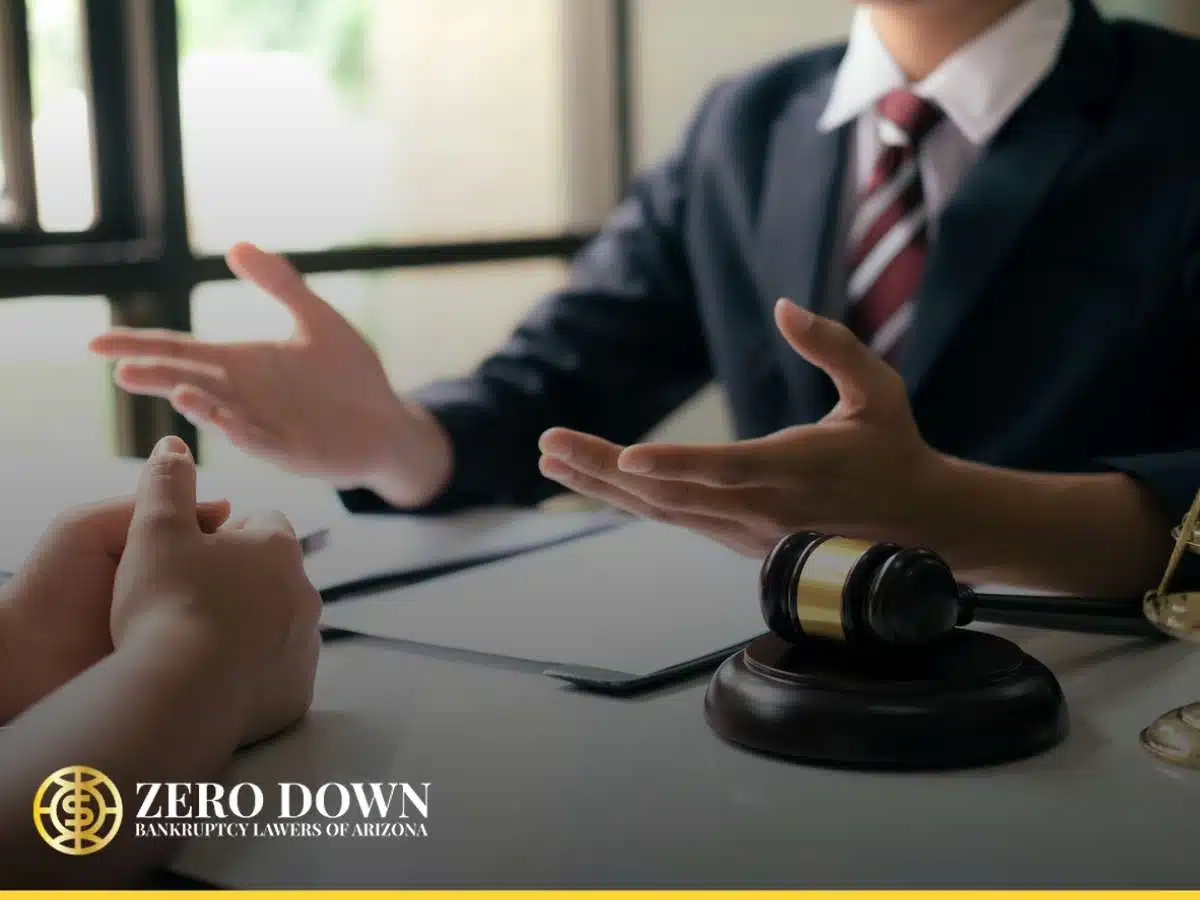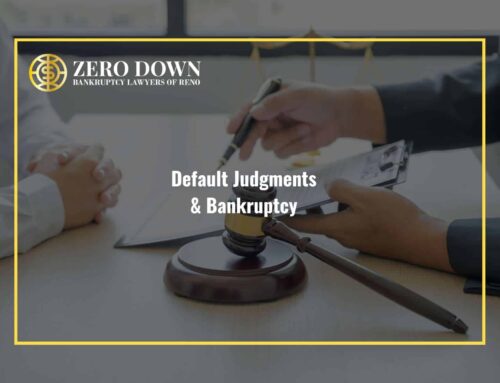Dolly Parton has Dollywood, Michael Jackson had Neverland Ranch, and fellow music icon Elvis Presley had the famed Graceland estate. While he passed away in 1977, Presley’s former home still draws thousands of visitors each year. Constructed in 1939, the estate was set for sale by auction on May 23, 2024. The auction was set to take place at the Shelby County courthouse in Memphis, Tennessee. But Elvis’ granddaughter, Hollywood actress and star of Daisy Jones and the Six Riley Keough, is fighting back against the foreclosure sale.
How did the estate of established Hollywood icons and millionaires end up at risk of foreclosure? Lisa Marie Presley, Elvis’ daughter, reportedly used the estate as collateral for a $3.8 million loan in 2018. The loan was from Naussany Investments and Private Lending. However, she allegedly failed to repay the loan’s balance before her death in 2023. Keough has fought back against the foreclosure sale by claiming that her mother never borrowed money from the company, and Naussany Investments and Private Lending is a false entity created for the purpose of defrauding her family. She also claims that the documents that Naussany provided supporting its legal position are forged, and that her mother never gave them a deed of trust for the Graceland estate. The notary public whose name appears on the documents has submitted a sworn affidavit in support of Keogh’s claims, stating, “I did not notarize this document.”
The court seems open to hearing Keough’s claims against Naussany. It granted a temporary restraining order regarding the matter on May 20, 2024. The judge heard both sides present on the matter on May 22, 2024. The judge ultimately sided with Keough, who argued that Graceland’s unique status meant that a foreclosure would cause irreparable harm to both Keough and the public interest. The foreclosure sale has been put on hold and the trial on the matter has been delayed to give Keough more time to prepare.
More Information About Home Foreclosure in Arizona
This dispute over the Graceland estate is undoubtedly a unique situation that will only be legally relevant to a select few. More often than not, when a home is set for foreclosure auction, it is because the homeowner has failed to make their mortgage payments. The requirements that must be met before a creditor can foreclose on a home vary by state. In Arizona, a homeowner has the right to receive a preforeclosure breach letter and apply for loss mitigation. The homeowner should be notified of the foreclosure sale and have a chance to catch up on payments to stop the sale. Otherwise, the homeowner needs to pay off the loan or file for bankruptcy to hold off or completely halt a home foreclosure. Military members get special protections against home foreclosures to recognize them for their service and to prevent lenders from proceeding with important legal matters while the service member is on active duty. In Arizona, a lender can initiate a home foreclosure once the borrower is 120 days behind on payments.
There are two types of legally permissible home foreclosures in Arizona: judicial foreclosures and non-judicial foreclosures. In a judicial foreclosure, the lender receives permission from the court before proceeding with the foreclosure. If the borrower fails to respond to that request, the lender will win the case by default and be allowed to proceed with the foreclosure. For a non-judicial foreclosure, the lender records a notice of sale in the land records and cannot proceed with foreclosure until at least 91 days have passed. The homeowner must be notified of the recording within 5 days. Notice of the sale must be posted in the courthouse, on the house at least 20 days before the sale, and published in a local newspaper for at least 4 consecutive weeks.
It should be noted that a homeowner who loses their sale to foreclosure will not only be left without a home, but may even have debt to repay after the auction. If the home sells at auction for less than the balance of the loan, the borrower can be left with a deficiency judgment. If there are surplus funds available after the sale, they should be returned to the borrower.
How Bankruptcy’s Automatic Stay Stops a Home Foreclosure
Not every homeowner will have a strong legal argument to prevent a home foreclosure as Riley Keough did in her bid to save Graceland. If a homeowner under these circumstances also doesn’t have the funds available to stop the foreclosure through redemption, reinstatement, etc., bankruptcy may be an effective way to stop the foreclosure through the automatic stay.
The automatic stay instantly goes into place when a debtor files for chapter 7 or chapter 13 bankruptcy. It stops several types of creditors, including collection agencies and government entities, from pursuing a debtor for their debts while their bankruptcy case is active. A creditor who acts in violation of the automatic stay can be sued by the debtor. Some of the creditor actions that are shielded against by the automatic stay include:
- Filing or continuing with a lawsuit against the debtor;
- Creating or enforcing a lien on the debtor’s property;
- Turning off a debtor’s utilities;
- Repossessing or attempting to repossess collateral for a secured loan; and
- Initiating or continuing with a foreclosure on the debtor’s residence.
In most bankruptcy cases, the automatic stay lasts until the case is discharged and the debtor’s liabilities have been cleared. If the mortgage balance in arrears has been remedied during the bankruptcy case, the lender will have no cause to proceed with foreclosure after discharge. For example, if the debtor files for chapter 13 bankruptcy, their arrearages will be paid off in addition to their normal monthly payment during their plan. The debtor’s loan should be in good standing when the case is complete, or even paid in full. But if the debtor files for chapter 7 bankruptcy, the 3-to-6-month case lifespan may not be sufficient for the debtor to catch up and stop the foreclosure.
Stop Foreclosure With Bankruptcy in Phoenix, Arizona
In clearer words, chapter 7 bankruptcy usually pauses a home foreclosure in the short term, while chapter 13 bankruptcy can be a more permanent fix. Chapter 13 bankruptcy lasts 3 or 5 years, which breaks up a mortgage balance in arrears into much more digestible chunks than in chapter 7 bankruptcy. If the debtor has secondary mortgages that bring the home value underwater, these can be cleared by filing for chapter 13. But the debtor must have enough income to pay off mandatory debts during their plan. For more information about qualifying for chapter 13 bankruptcy to stop a home foreclosure in the Phoenix area, call 602–609-7000 to schedule your free consultation with our experienced bankruptcy lawyers.
Let our team guide you through the process so you can clear your debts effectively. We can walk you through your debt relief options to determine what is best for your financial situation. Looking for top-notch bankruptcy representation in the Phoenix area? Start your search with Zero Down Bankruptcy Lawyers– call 602–609-7000 to get started today.
Arizona Offices
Phoenix Location:
343 W Roosevelt Street, Suite #100
Phoenix, AZ 85003
Email: [email protected]
Phone: 602-609-7000
Mesa Location:
1731 West Baseline Rd., Suite 101
Mesa, AZ 85202
Email: [email protected]
Glendale Location:
20325 N 51st Avenue, Suite #134
Glendale, AZ 85308
Email: [email protected]
Tucson Location:
2 East Congress, Suite #900
Tucson, AZ 85701
Email: [email protected]











